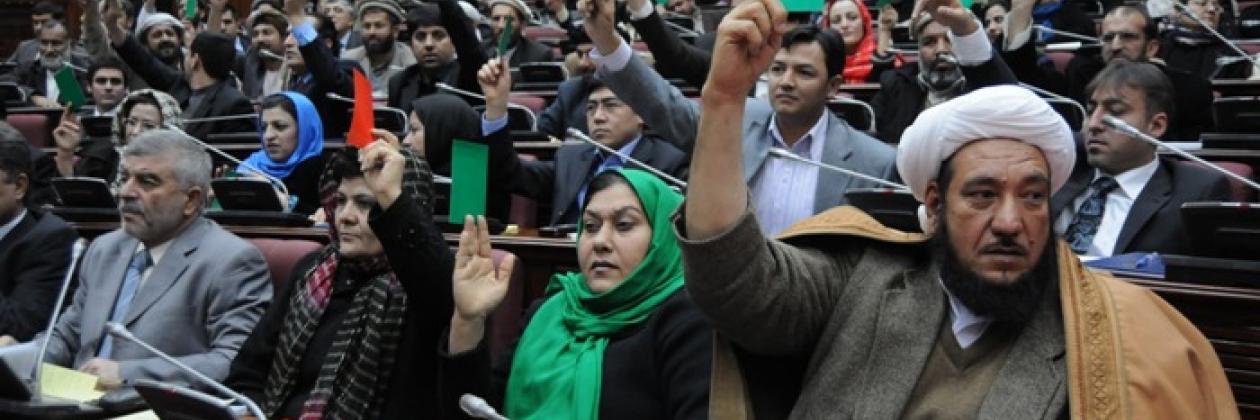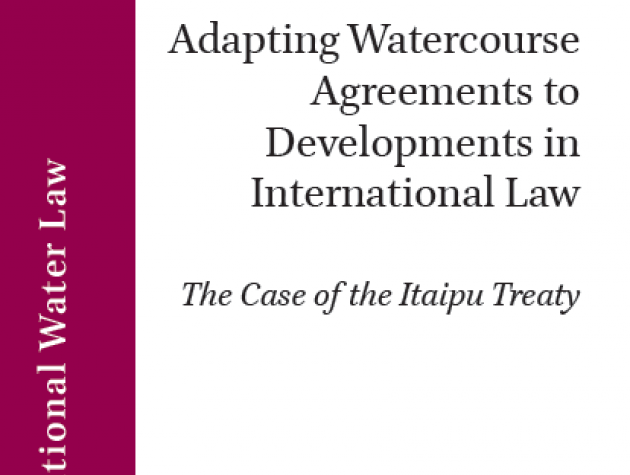Call for papers: Power, politics and development in Afghanistan
In few countries in the world are politics and development as closely intertwined as in Afghanistan. For understandable reasons commentary on development in Afghanistan has tended to focus on the ongoing conflict (for instance in terms of the militarization of aid policy), yet beneath the surface of the state-building enterprise lie myriad power struggles that are much less often the focus of academic study. Within a lively 'aid marketplace' government ministries, UN agencies, NGOs and private companies jostle for funding, control, prestige and influence. Donors and central government are engaged in ongoing negotiation regarding the conditionality and alignment of aid in which issues of trust, capacity and vested interests play central roles. The balance of power between the governmental centre and periphery continues to be hotly debated, often from a technical perspective that downplays or obscures the central importance of politics. Debates about how to define, prioritise and address critical needs, and to measure the success or failure of development initiatives, are all strongly contested and influenced to greater or lesser degrees by organizational interests.
Afghanistan therefore offers an interesting case study in which to examine multiple intersections of politics and development from inter-disciplinary perspectives. The panel aims to bring together both practitioners and academics with relevant experience of Afghanistan to explore various dimensions of development policy. In particular it will focus on power struggles between the various state and non-state development-oriented actors, the processes through which such conflicts are resolved, and the resulting impact on Afghan development policy.
Find out more, and propose a paper. The call for papers closes April 25th.







